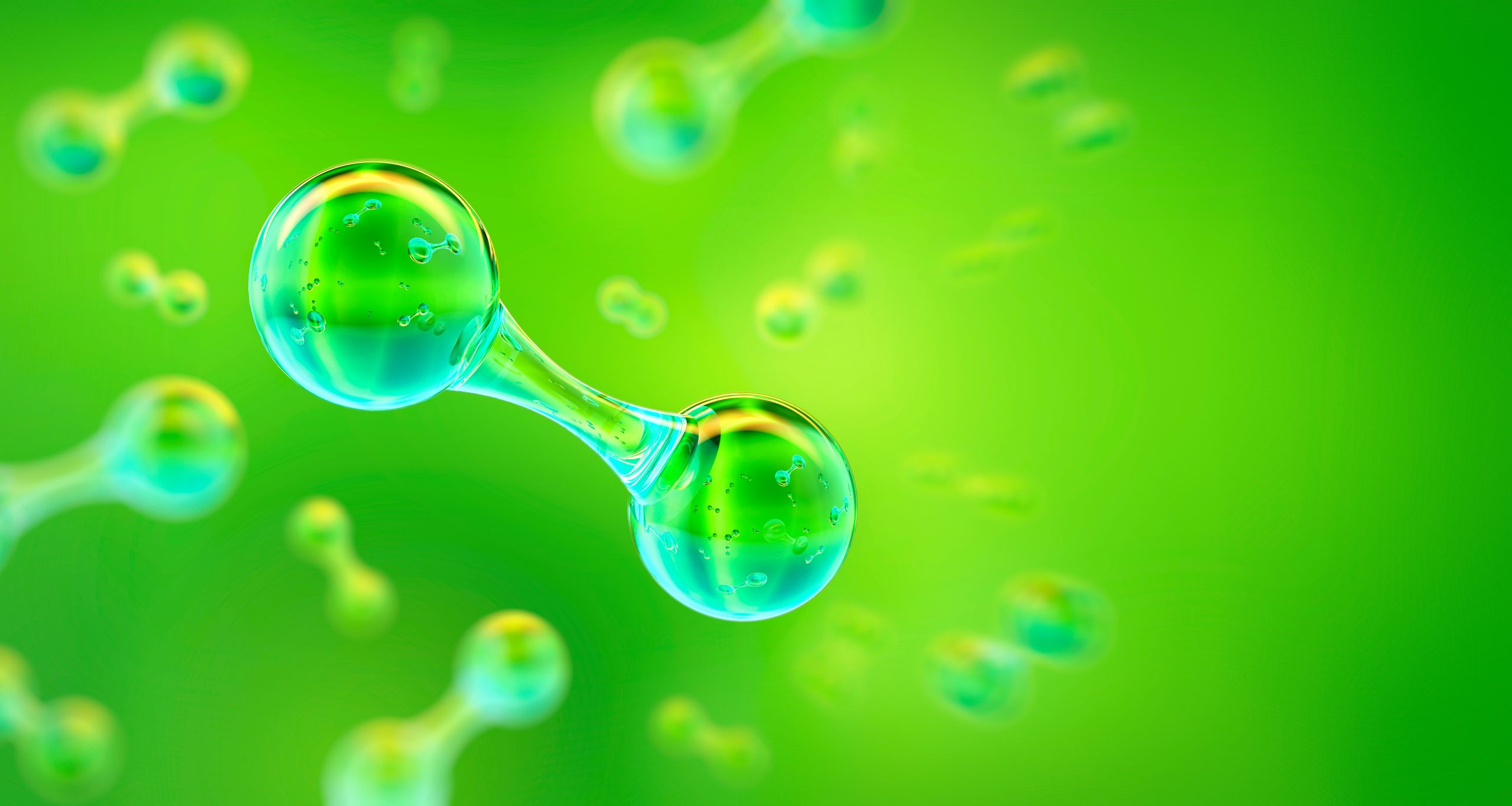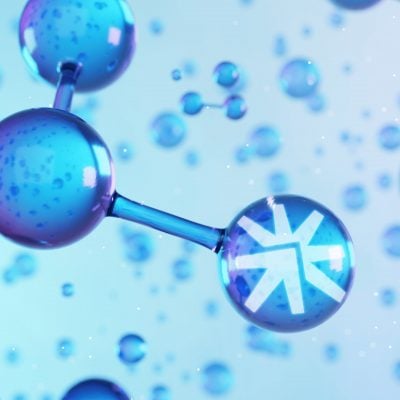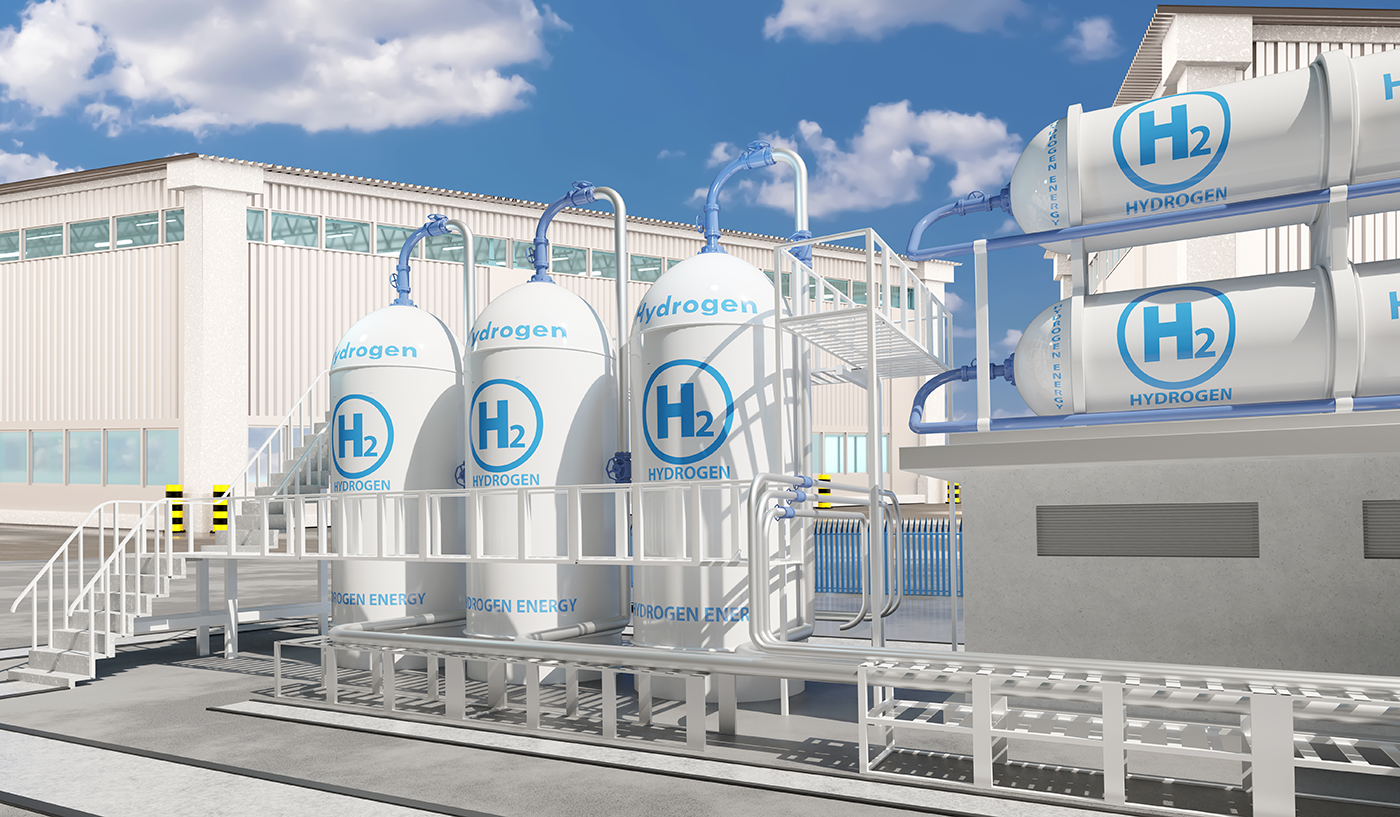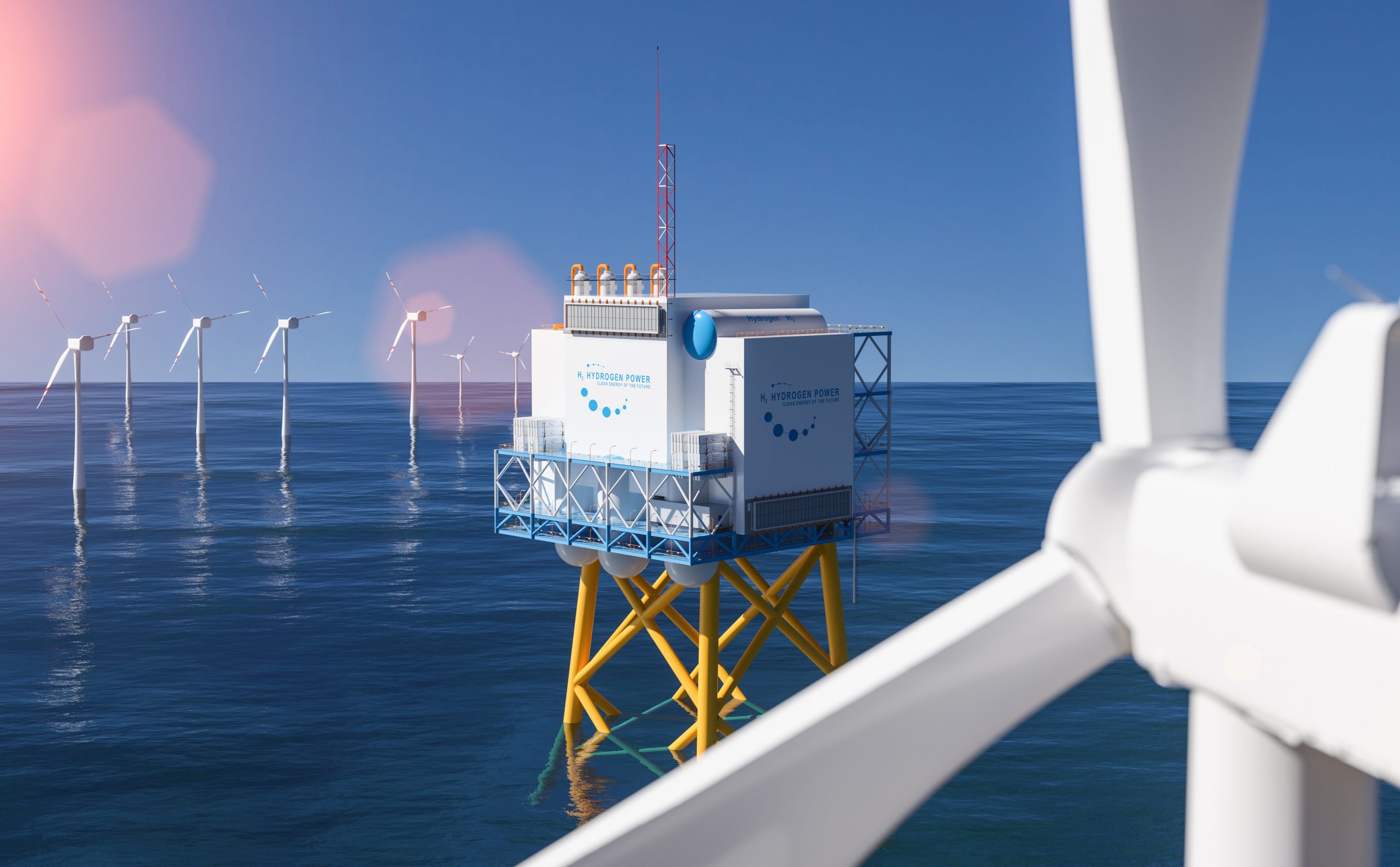
Waste heat powered desalination for hydrogen production
Industry context
Low-carbon hydrogen production, plus many other industrial processes, generate significant quantities of waste heat whilst requiring large volumes of clean water. A technology that utilises this waste heat to desalinate seawater without compromising local water supplies is a solution that cost-effectively addresses the energy-water challenge as low-carbon hydrogen production scales up across the UK and globally.
Project overview
The objective of this project was to test Waterwhelm’snovel heat driven technology for desalination purposesand assess its scale-up for integration with futurehydrogen production facilities.
Waterwhelm’s innovative forward osmosis technology is powered by waste-heat and compared to the most commonly deployed desalination technology (reverse osmosis), can reduce electricity consumption by up to80% and CAPEX by up to 35%.
The project included testing the technology on Waterwhelm’s existing pilot plant for desalination purposes in Edinburgh. Following successful test results, heat and electricity consumption rates were determined a high-level design was developed for scaling up the technology. The results validated the electricity consumption and CAPEX savings compared to reverse osmosis.
Waterwhelm’s forward osmosis technology can reduce electricity consumption by up to 80%
Ultra-low operating pressures result in substantially lower levels of fouling and scaling, enabling lower operating costs
Process results in 79% lower CO2 emissions
Expert advisory, insights and collaborations to turn technology challenges into opportunities
Gain clarity and confidence in your technology future with expert advisory, innovation strategy and technology insights for energy operators, industry leaders and investors. Our services empower you to navigate the fast-evolving landscape of net zero innovation, digital transformation and energy sector challenges.

Let's work together
"Required" indicates required fields





